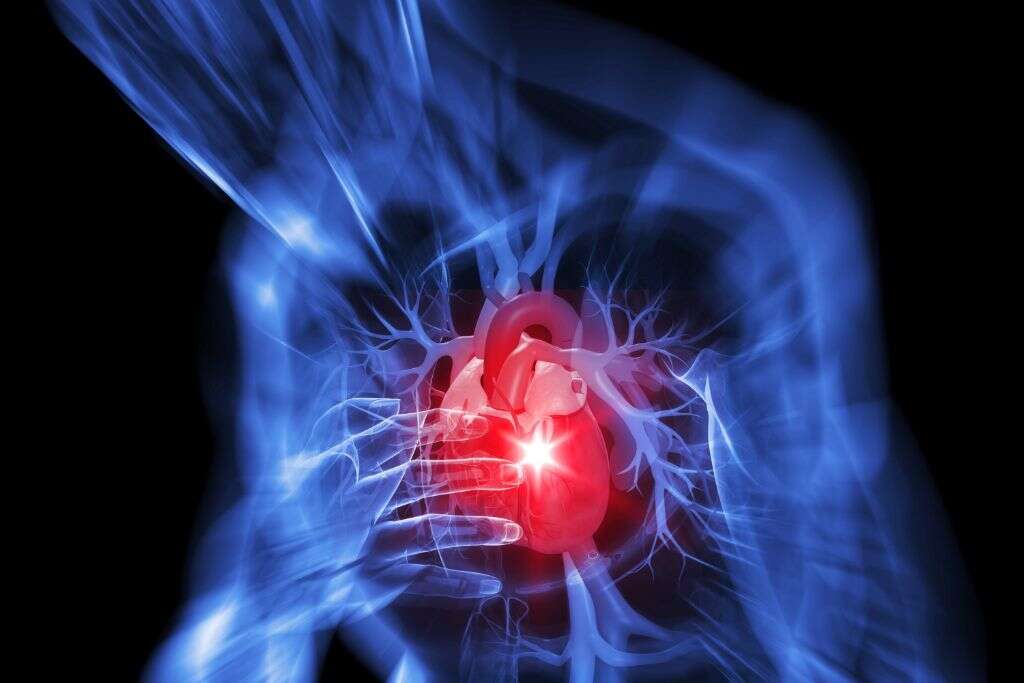What Is Angina?
Advertisement
2. What Causes Angina?
The cause of angina is the reduction of blood flow to the heart muscle. As blood is the leading oxygen supplier to the body’s tissues, and your heart muscle needs oxygen to survive, reduced blood flow equates to reduced oxygen and a condition known as ischemia.
The typical reason for the restriction of blood flow is coronary artery disease. This disease occurs when fatty deposits, called plaque, clog your artery pathways. Therefore, during times of high blood flow demand, your heart develops a supply problem, which results in pain or angina. Because times at rest demand less oxygen-rich blood, angina pain is not persistent and usually subsides. However, the consistency of angina pain also has to do with your specific diagnosis.
Advertisement

Advertisement








